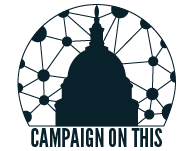In a world increasingly governed by digital connectivity, the Federal Communications Commission (FCC) has taken a bold step, one that might be too far-reaching. Their recent vote to implement new rules addressing ‘digital discrimination’ has stirred up a maelstrom of controversy. While the objective of ensuring equitable internet access is laudable, the execution raises serious concerns about the overreach of federal power, potential negative impacts on everyday Americans, and the lawfulness of such a sweeping change. As we dive into the details, it becomes evident that this decision might be more about control than about connectivity.
A Bold Decision with Ambitious Goals
Recently, the FCC took a decisive step by implementing new rules aimed at eliminating discrimination in internet service access. The heart of the matter seems pure – ensuring every community, regardless of income, race, or ethnicity, has equitable access to the internet. But is the road to digital equality paved with good intentions, or are there unintended detours along the way? Past legal decisions and interpretations paint a picture of potential overreach. When compared with previous regulations, the radical nature of this decision becomes starkly evident.
The Cost of Good Intentions
Innovation and investment are the backbones of the internet’s evolution. But when faced with these new, stringent regulations, might companies pull back, particularly in areas where profits are not as certain? This could especially impact rural and underserved areas, ironically undermining the FCC’s goals. One can’t help but ponder the economic implications of these new rules. There’s a real concern that this increased regulation might lead to higher costs for internet service providers, which, in a twist of irony, could trickle down to consumers – the very people these rules intend to protects.
The Lawfulness Question
When diving into the legal waters, one finds strong currents of opinion challenging the FCC’s authority to enact such sweeping changes. Legal experts and policymakers are voicing concerns, suggesting that this decision might not just be overreaching but potentially unlawful. The reaction from internet service providers will be telling. Legal challenges are likely, as companies grapple with the implications of these rules. One has to wonder, will these rules inadvertently lead to reduced broadband access or quality, particularly in marginalized communities they aim to help?
A Tight Grip on the Internet
The internet has thrived under a regime of limited regulation and market-driven innovation. The FCC’s decision, however, represents a seismic shift – an unprecedented expansion of federal control in a space that has long valued its autonomy. Enforcing these broad and somewhat ambiguous rules presents another quandary. How will these regulations be applied fairly and consistently? The potential for arbitrary enforcement looms large, creating a climate of uncertainty.



